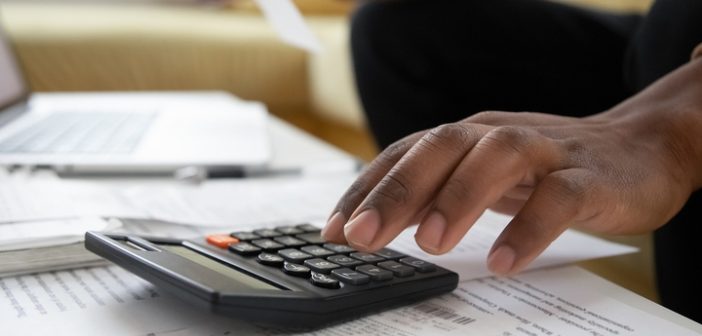Why would you consider taking a second mortgage? While you could have many reasons, among the most common is debt consolidation. Debt consolidation may actually leave you with a better credit score since it allows you to meet other financial obligations and make crucial payments on time.
A second mortgage loan take on an already mortgaged property. To put it simply, it’s a loan on an existing loan. It’s a riskier undertaking for a lender than a first mortgage. It ranks second on a property’s title. In case a borrower defaults on a second mortgaged property and it is repossessed, the lender listed first in the property title is paid first.
The second lender is paid with what remains, which is sometimes insufficient. As such, second mortgages are more expensive since they carry a higher risk than primary mortgages.
To secure a second mortgage, carefully adhere to the lender’s requirements as these could change slightly from one lender to another. However, most of the requirements apply across lenders. These include good credit, reliable income, sufficient equity on your home, among others.
T boost your chances of getting a second mortgage, you will need to meet these requirements:
1. An Existing Mortgage
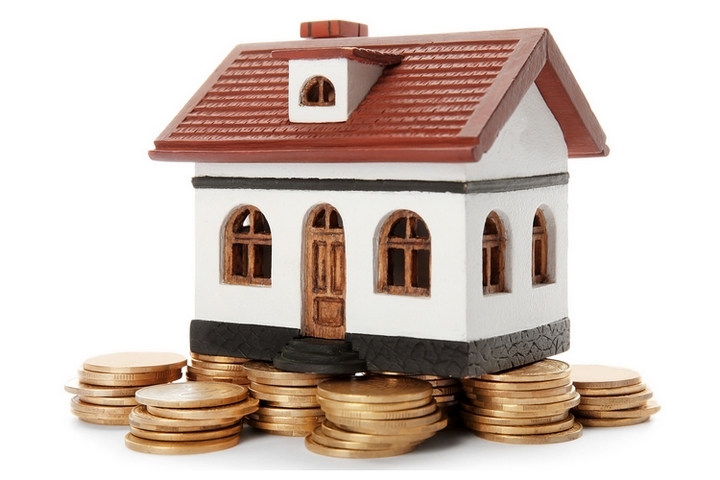 This second mortgage requirement is a no-brainer. To take out a 2nd mortgage, the assumption is that you already have a first mortgage. So, a second mortgage is loaned on top of an existing one. However, both the first and the second mortgage use the same property title as collateral.
This second mortgage requirement is a no-brainer. To take out a 2nd mortgage, the assumption is that you already have a first mortgage. So, a second mortgage is loaned on top of an existing one. However, both the first and the second mortgage use the same property title as collateral.
2. Good Credit
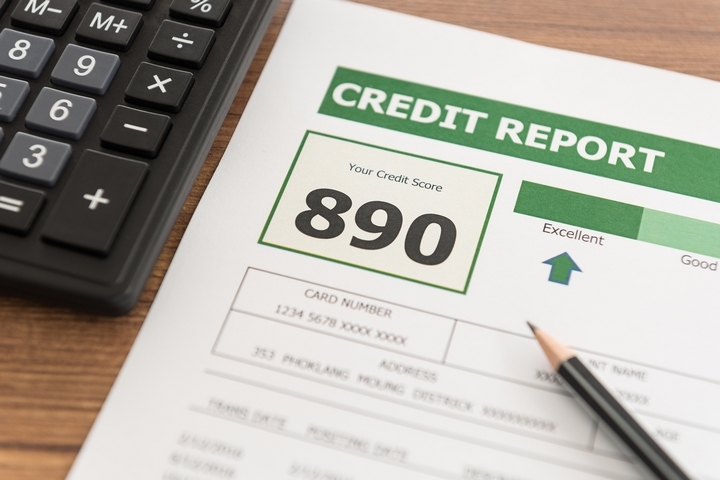 A good credit is an essential second mortgage requirement that you must have. Having an impressive credit score puts you a step ahead when seeking a second mortgage. A good credit score simply means you are a good borrower, one who pays loans in full and on schedule. This makes you a less risky client than a borrower with bad credit.
A good credit is an essential second mortgage requirement that you must have. Having an impressive credit score puts you a step ahead when seeking a second mortgage. A good credit score simply means you are a good borrower, one who pays loans in full and on schedule. This makes you a less risky client than a borrower with bad credit.
How much you pay in interest rates on a second mortgage depends on your credit score. The higher your credit score, the lower the interest rate you are likely to be charged.
Should your credit score be less-than-impressive, or you have very little equity on your property, you can still secure a second mortgage via a private lender or trust company.
A private mortgage is financed via privately sourced funds as opposed to using a traditional lender like a bank. This approach is ideal for people who can’t get a mortgage from a traditional lender.
3. 20% or More Equity
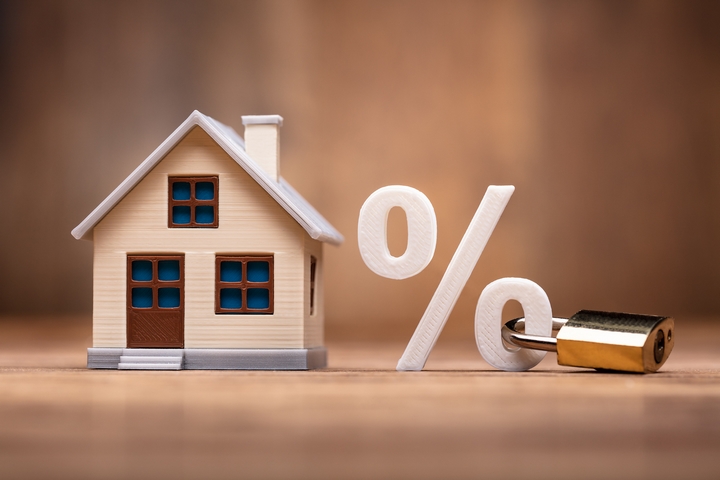 Besides a great credit score, if your home equity is 20% or more, you stand a better chance of securing a second mortgage. HELOCs (home equity line of credit) are the most affordable second mortgages. As your home builds equity over time, it gives you the option of taking a second loan with the equity as collateral. In some cases, you can take as much as 90% of your home’s equity. The greater the equity your home has, the better your chances of securing a second mortgage.
Besides a great credit score, if your home equity is 20% or more, you stand a better chance of securing a second mortgage. HELOCs (home equity line of credit) are the most affordable second mortgages. As your home builds equity over time, it gives you the option of taking a second loan with the equity as collateral. In some cases, you can take as much as 90% of your home’s equity. The greater the equity your home has, the better your chances of securing a second mortgage.
4. Down Payment
 To increase your chances of securing a second mortgage, consider paying a larger down payment. While this is not a critical requirement for a second mortgage, putting down a large payment minimizes the lender’s risk on you. It encourages them to look beyond bad credit and unimpressive home equity.
To increase your chances of securing a second mortgage, consider paying a larger down payment. While this is not a critical requirement for a second mortgage, putting down a large payment minimizes the lender’s risk on you. It encourages them to look beyond bad credit and unimpressive home equity.
5. Regular Payment of Utility Bills
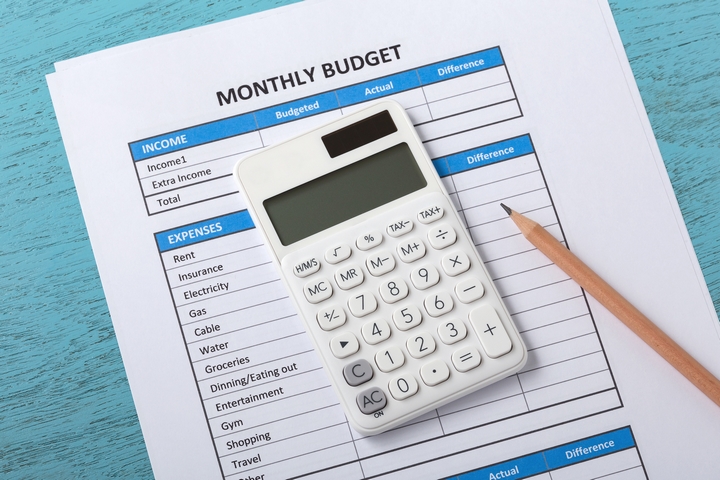 To qualify for a second mortgage, you need to demonstrate a track record of paying utility bills in full and on time. These utilities include insurance, hydro, gas, and telecommunications bills. A letter from the service provider is required as proof of your faithfulness in paying critical bills.
To qualify for a second mortgage, you need to demonstrate a track record of paying utility bills in full and on time. These utilities include insurance, hydro, gas, and telecommunications bills. A letter from the service provider is required as proof of your faithfulness in paying critical bills.
6. Regular Income
 One of the critical requirements for a second mortgage is a reliable income. If you don’t have a reliable, regular income, a lender would be more concerned about approving a second loan request. Whether you are seeking a first or a second mortgage, the ability to service the loan is the most critical consideration. So, a lender verifies whether you have a reliable income that is sufficient to service the loan. If this condition is not demonstrable, your request will most likely be denied.
One of the critical requirements for a second mortgage is a reliable income. If you don’t have a reliable, regular income, a lender would be more concerned about approving a second loan request. Whether you are seeking a first or a second mortgage, the ability to service the loan is the most critical consideration. So, a lender verifies whether you have a reliable income that is sufficient to service the loan. If this condition is not demonstrable, your request will most likely be denied.
7. Property
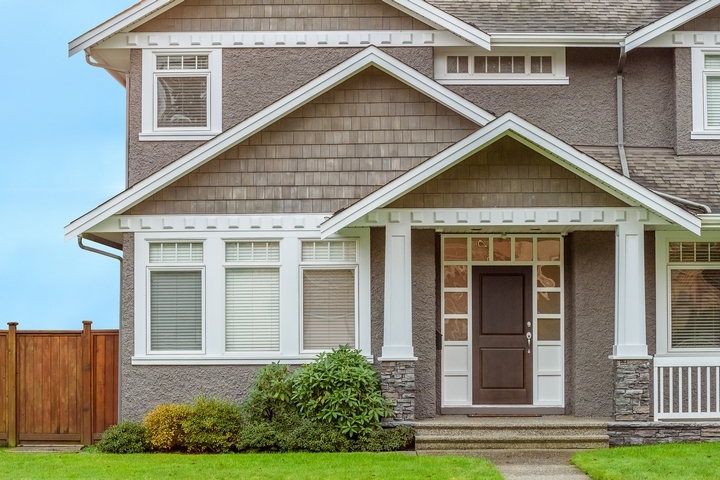 Most of the other requirements carry an element of risk. The only way a lender can secure their investment in case you default is by attaching your property. At the end of the day, a lender wants assurance that they can recoup their investment should a borrower default. A property guarantees that.
Most of the other requirements carry an element of risk. The only way a lender can secure their investment in case you default is by attaching your property. At the end of the day, a lender wants assurance that they can recoup their investment should a borrower default. A property guarantees that.
There are many reasons why you may need a second mortgage. One of these is to consolidate debt. Although second mortgages attract higher interest rates than primary mortgages, they are more affordable than those charged on car lease payments, unsecured lines of credit, or credit cards.
Should you take a second mortgage to consolidate debt and settle other pressing financial obligations on time, you might end up with an improved credit score. This, in turn, puts you on course for a more attractive mortgage with a prime lender later on.

